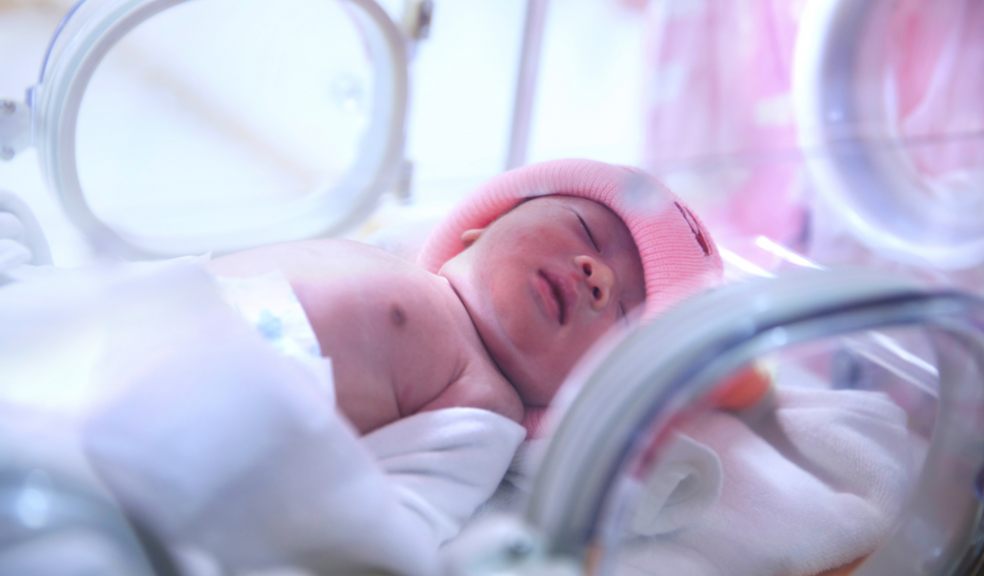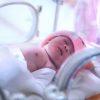
UK standards of neonatal care improving but better data recording needed
Better data recording by hospitals is needed to share best practice and drive up standards, says Royal College of Paediatrics and Child Health.
More than three quarters (79%) of the parents of babies in neonatal units are seen by senior healthcare professionals within 24 hours of admission and the majority of parents report positive experiences, but there is room for improvement in areas such as breastfeeding rates and levels of hypothermia in newborns, according to the 6th Annual National Neonatal Audit Programme 2012 (NNAP). The report is published today by the Royal College of Paediatrics and Child Health (RCPCH).
Commissioned by the Health Quality Improvement Partnership (HQIP), the audit measures neonatal units against a series of standards in order to assess if babies receive the right level and consistency of care across England and Wales.
The audit, which assessed 97% of English and Welsh units during 2012, found that:
79% of the parents of babies in neonatal units were seen by senior healthcare professionals within 24 hours of admission.
57% of preterm babies born more than 7 weeks early were still receiving some of their mother's breast milk when discharged home. However just 33% of the babies were exclusively breast fed.
90% of premature babies born 12 or more weeks early had their temperature recorded within an hour of birth - but 40% had a temperature less than 36.5oC.
Dr Mike Watkinson, RCPCH Project Lead for the National Neonatal Audit Programme, said:
"There is much to be positive about in this audit, with standards of care improving in many areas over the last five years. Data recording is also becoming more accurate and complete.
"But there is variation between units and neonatal networks in areas such as breastfeeding rates - something which we need to explore further to see how the moderately performing can be helped to match the best. It's also concerning that some trusts fail to record key data on every patient: this not only makes it a challenge to get a true national picture, but can under-estimate their own performance."
The audit also included a pilot of a confidential parent questionnaire, which showed that parents were satisfied with the level of involvement in their baby's care:
85% said they were 'always or nearly always' told about changes to their baby's condition or care
79% said staff arranged their baby's care (such as weighing, bathing etc) to fit in with usual visiting times
73% said doctors and nurses 'always or nearly always' involved them in discussions about their baby's care
85% said they were 'definitely' involved as much as they wanted in the day-to-day care of their baby i.e. nappy changing
Dr Watkinson added:
"It's encouraging that the majority of parents in this pilot survey are happy with the standard of care their babies receive, but there are always improvements to make - and as we've identified with breastfeeding rates, more can be done to ensure health outcomes for these babies are even better."
In addition to the printed version of the audit, there will be an online resource highlighting examples of best practice which all units and the public can access.
For a copy of the full report, including regional breakdowns, see:
www.rcpch.ac.uk/nnap




















